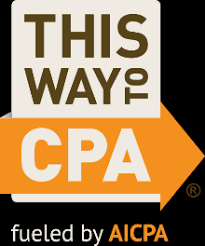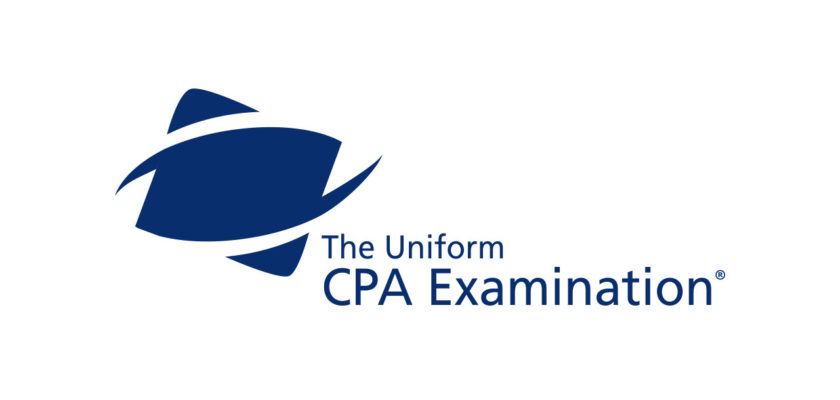Certified public accountant (CPA) licensure today mean’s more than just passing four sections to a standardized examination. Becoming a CPA today should ensure that you are able to possess technical competence, as well as strong communication and analytical skills. In conjunction with passing all four sections of the CPA exam (AUD, BEC, FAR, REG), CPA candidates should also have completed 150 semester hours (225 trimester) of education. It is common for undergraduate accounting degrees to only come with 120 semester hours, which will generally require that candidates obtain an additional 30 semester hours.

Why the 150-Hour Rule:
There are a few reasons why the additional 30 credit hours is a new prerequisite to obtaining your CPA license:
- Significant increases in official accounting and auditing pronouncements and the proliferation of new tax laws have expanded the knowledge base that professional practice in accounting requires.
- Business methods have become increasingly complex. The proliferation of regulations from federal, state, and local governments requires well-educated individuals to ensure compliance. Also, improvements in technology have had a major effect on information systems design, internal control procedures, and auditing methods.
- The staffing needs of accounting firms and other employers of CPAs are changing rapidly. With more sophisticated approaches to auditing now in use, and with the increase in business demands for a variety of highly technical accounting services and greater audit efficiency, the requirements for effective professional practice have increased sharply. The demand for a large quantity of people to perform many routine auditing tasks is rapidly diminishing.
How Can You Meet the 150-Hour Rule:
CPA candidates can meet the 150-hour rule in a number of ways. The most common approach is to obtain a master’s degree in accountancy. Although this option is completely optional, there are benefits that come with an advanced degree in accountancy, including additional credibility on your work resume. Students can obtain the additional required credits by any of the following ways:
- Enroll in an undergraduate accounting program that sets forth a specific plan to ensure that you meet the 150-hour requirement.
- Combine your undergraduate accounting degree with a master’s degree at your university.
- Combine your undergraduate degree with a business degree (e.g. MBA or a concentration in accounting).
- Enroll in a five-year accounting program leading to a master’s degree in accounting.
- Enroll in a cost-effective live or online college program to account for your additional 30 credit hours.
All of the above options are adequate for obtaining additional academic requisites needed to not only obtain the 150-hour requirement. However, graduate level programs are a great way to develop additional soft skills such as communication and developing a stronger professional network.


Glad to know you like it!, Regards!